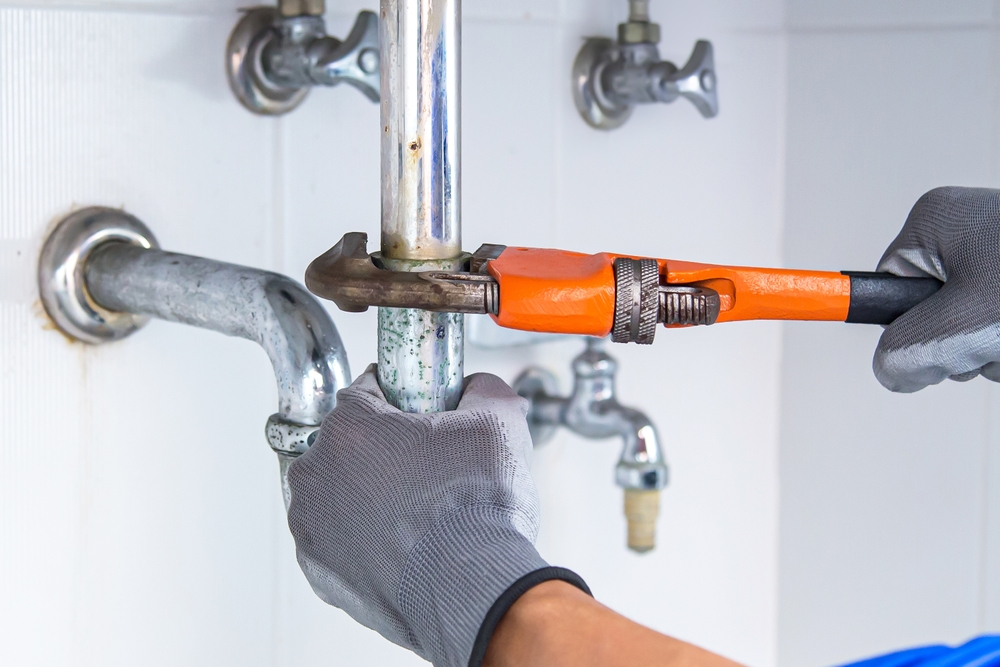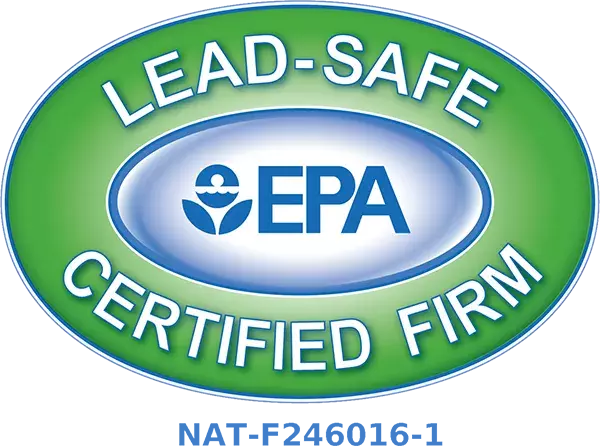Plumbing problems can be a pain, especially in older homes. From leaks and clogs to drips and leaks, there’s a lot that can go wrong. But don’t despair! There are plenty of ways to solve common plumbing problems, and we’re here to help.
Plumbing Problems In Older Homes
First, let’s take a look at some of the most common plumbing problems in older homes, and then we’ll offer some tips on how to solve them:
Leaks
Leaks can occur in any number of places, including faucets, toilets, showers, tubs, and sinks. Leaks can occur for any number of reasons. Some examples include broken seals, corroded pipes, excess water pressure, drastic temperature changes, and more. If you suspect a leak, the best thing to do is to turn off the water at the main shut-off valve and then call a plumber.
Clogs
Clogs can happen in drains, toilets, and even in the sewer line. The reasons for this depend on the situation. Drains usually clog because dirt, hair, and even skin flakes bind to soap scum on the walls. Toilets get clogged because waste, toilet paper, or non-flushable items become lodged in the toilet trap after being flushed. Sewer line clogs can be due to anything from tree roots to foreign objects. If you have a clog, the best thing to do is to try to clear it yourself with a plunger or a plumber’s snake. If that doesn’t work, you may need to call a professional to clear the clog for you.
Drips
Another common nuisance is drips. While on their own they may seem a minor annoyance, their effect over time can cause a lot of damage. Drips can be caused by several things, including leaks, clogs, and even faulty fixtures. If you have a drip, the best thing to do is to call a plumber to fix the problem.
Solutions To Plumbing Problems In Older Homes
Now that you know a little about some of the most common plumbing problems in older homes, let’s take a look at some tips on how to solve them.
One of the best ways to prevent plumbing problems is to have your home inspected by a professional every few years. This will help you identify any potential problems early on so that they can be fixed before they become major issues.
Another good way to prevent plumbing problems is to be proactive about maintenance. This means making sure that your fixtures and pipes are in good working order and that you’re regularly checking for leaks and clogs. Some ways to do this are to check your water meter, check your usage, and monitor your bills for anything that looks unusual.
When it comes to plumbing problems, the best defense is a good offense. By being proactive about maintenance and inspection, you can avoid most plumbing problems before they even start.


